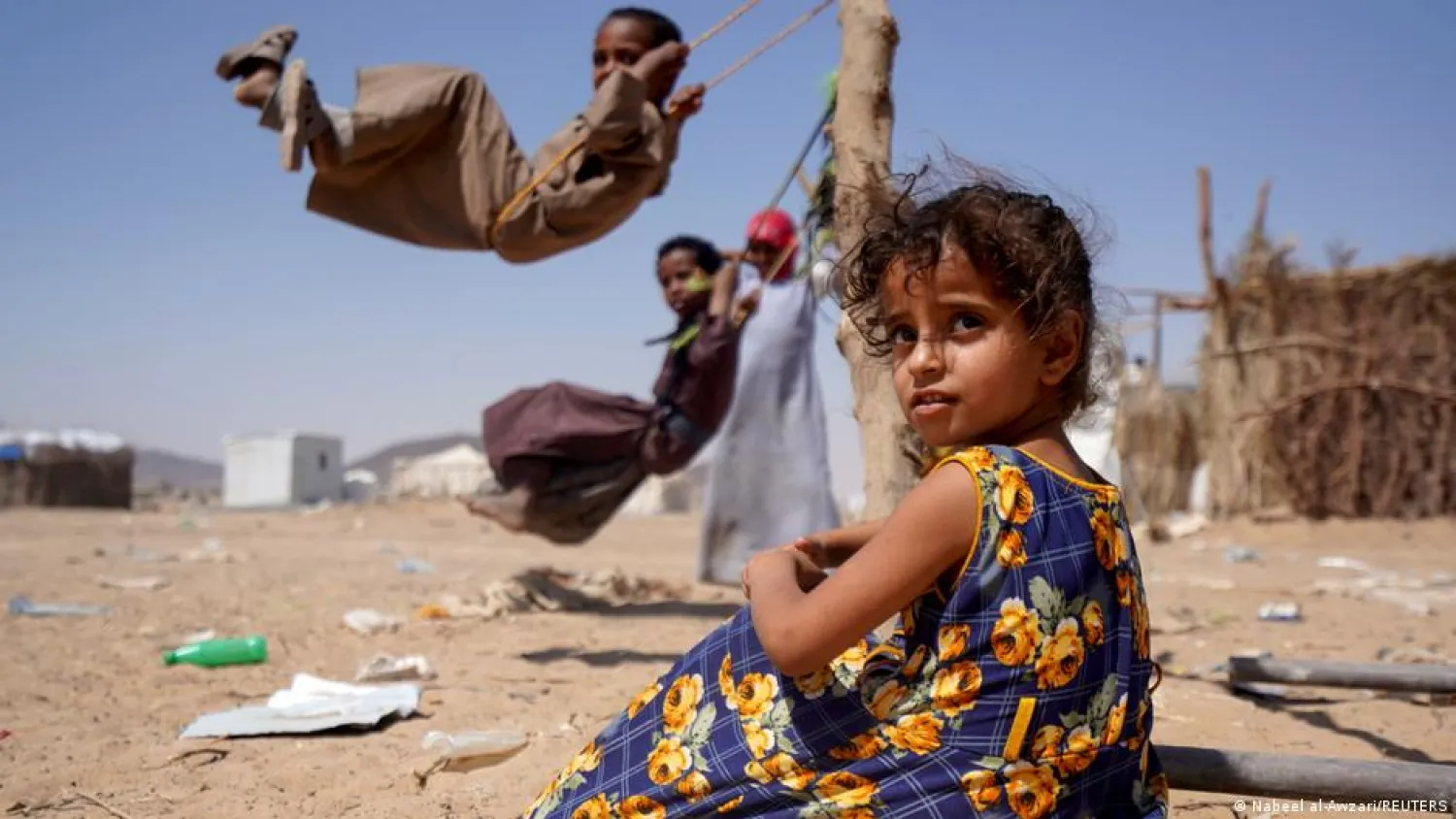Yemen agreed with the World Bank to establish a credit fund to support the ports and roads sector and speed up the delivery of COVID-19 vaccines.
Yemen’s Minister of Planning and International Cooperation Waid Batheeb held talks in Cairo on Monday with the regional team of the World Bank, headed by its Regional Director in Egypt, Yemen and Djibouti, Marina Weis, on establishing the credit fund.
“This fund will mobilize resources and will invest them in the right places. It will also help speed up the execution of projects and their design to suit real needs,” Yemeni Deputy Minister of Planning and International Cooperation, Nizar Bashaib, told Asharq Al-Awsat.
The fund will kick off with a sum of $20 million from the World Bank, appropriated to roads and ports.
“This fund will be open for donors to finance and therefore, we are waiting for the next meeting of donors” to invest in it, Bashaib said, adding that the fund was already activated.
The Saba news agency said the Cairo meeting tackled preparations to hold a meeting for donors to finance the fund. It confirmed that efforts have been expanded to address Yemen’s water, sanitation, agriculture and fisheries needs.
A World Bank economic update released this month said an unprecedented protracted humanitarian crisis, aggravated by COVID-19, leaves many Yemenis mostly dependent on relief and remittances.
Last month, a virtual conference held by the United Nations and co-hosted by Sweden and Switzerland pledged only $1.7 billion to Yemen, a sum that experts said could not prevent large-scale famine from "engulfing" the war-torn country.









